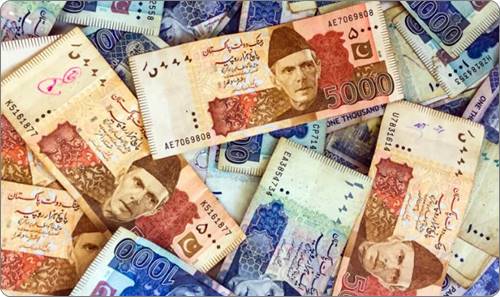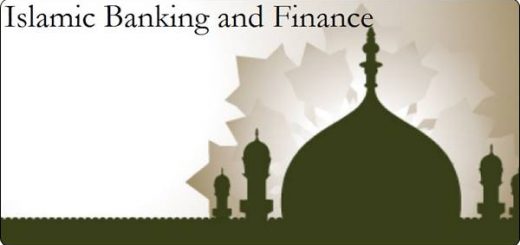Inflation Challenges in Pakistan: By Umair Amjad Kayani
Inflation Challenges in Pakistan: By Umair Amjad Kayani
Currently, Pakistan is grappling with a severe inflation crisis that is significantly impacting the daily lives of its citizens. This inflationary pressure has eroded the purchasing power of the people, pushing them into financial distress. Unfortunately, this problem appears to be intensifying day by day, compounded by the introduction of new taxes on a regular basis.
One major factor contributing to this situation is the loans obtained from the International Monetary Fund (IMF). These loans, rather than benefiting the general population, seem to primarily serve the interests of the elites and politicians. Consequently, the burden of repaying this debt is falling disproportionately on the shoulders of ordinary citizens through various taxation measures.
While it is acknowledged that inflation is a global challenge, what distinguishes Pakistan is the lack of corresponding increases in wages and salaries. Unlike some other countries where inflation is accompanied by higher income for workers, Pakistan has seen stagnant wages. This alarming disparity between rising prices and stagnant incomes has led to a surge in poverty and unemployment, fueling a spike in crimes such as theft, robbery, and other criminal activities.
Meeting basic needs has become an uphill battle for many Pakistanis. After paying their bills, people find it increasingly difficult to afford essential items, leading to a growing sense of economic despair.
Tragically, even educated youth armed with degrees are not immune to these struggles. Many find themselves relegated to menial jobs, earning insufficient incomes to make ends meet. In desperation, some turn to criminal activities. Similarly, young women are compelled to work in the homes of others to contribute to their household expenses, and all too often, cases of sexual abuse among them come to light. Even those of retirement age are forced to continue working due to inflation’s relentless grip.
The sharp increase in the cost of medicines over the past few years has made access to healthcare a luxury that many cannot afford. The people of Pakistan are facing unprecedented challenges, and this dire economic situation is taking a severe toll on their mental and emotional well-being. Disturbingly, instances of suicide, once considered taboo, are becoming more common.
Amidst these hardships, the political elites in Pakistan continue to enjoy various privileges and luxuries at the expense of the suffering populace. Free electricity, gas, petrol, housing, healthcare, and travel expenses are just a few of the perks provided to bureaucrats and politicians, all funded by the taxes paid by the public.
For Pakistan, a developing country, it is imperative that the government takes concrete steps to rectify these disparities. Eliminating double standards and implementing policies that benefit the general population across various aspects of life is a necessity. Unnecessary privileges enjoyed by bureaucrats and politicians should be revoked, and resources should be distributed equitably. Prioritizing education, healthcare, and creating job opportunities is essential.
Furthermore, supporting cottage industries and small-scale businesses through interest-free loans can stimulate economic growth and alleviate poverty. Ensuring that all employment opportunities are based on merit rather than bribery and nepotism is crucial.
In these challenging times, Pakistan requires a leader who is committed to the welfare and happiness of the people, rather than succumbing to external pressures. It is only through honest and sincere leadership that the country can hope to overcome its current economic hardships and pave the way for a brighter future.













